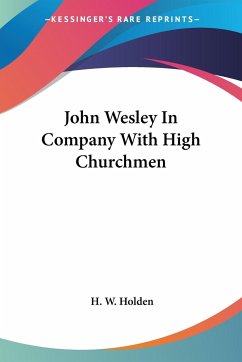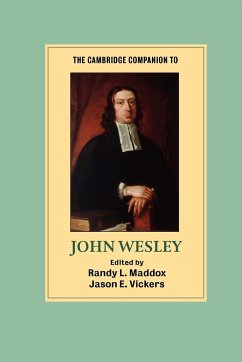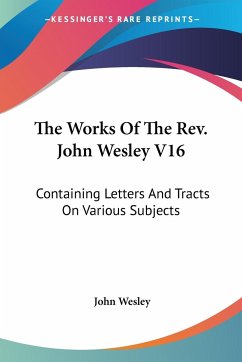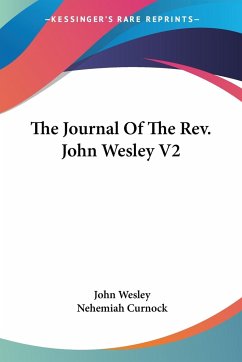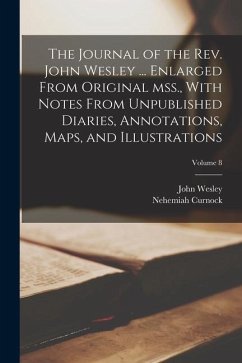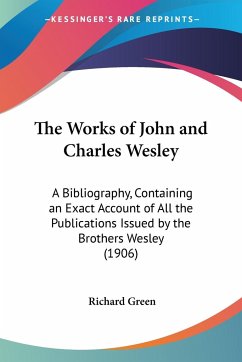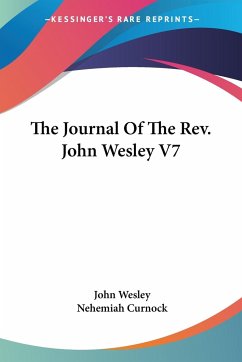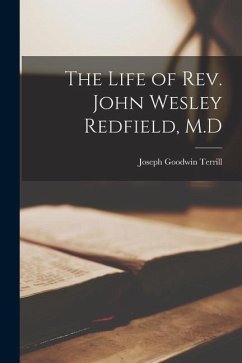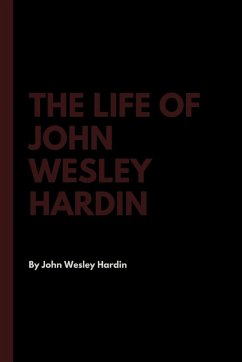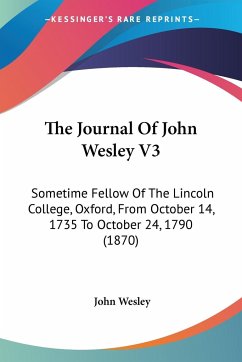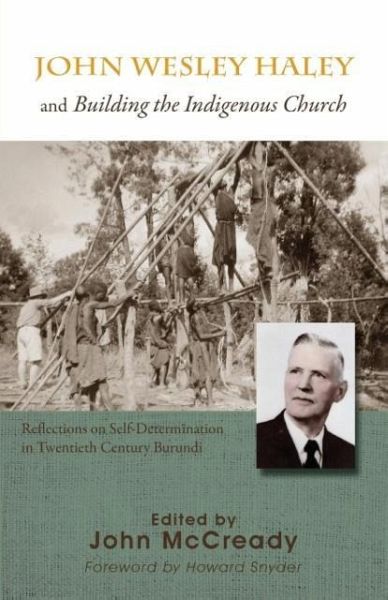
John Wesley Haley and Building the Indigenous Church
Reflections on Self-Determination in Twentieth Century Burundi
Herausgeber: McCready, John
Versandkostenfrei!
Versandfertig in 1-2 Wochen
18,99 €
inkl. MwSt.

PAYBACK Punkte
9 °P sammeln!
A relatively unknown Canadian Free Methodist minister, J. W. Haley (1878-1951) served, along with his family, as a church-planter and pastor in Saskatchewan and Ontario as well as a missionary in Mozambique and South Africa (1902-1934); finally initiating new ministry in Burundi and Rwanda (1935-1946). Following a conventional missionary career in Southern Africa, Haley was challenged by the work of Roland Allen and others regarding the indigenous church building model. In the early 1930s, in his fifties, Haley explored and then initiated a new ministry model in Ruanda-Urundi (a Belgian protec...
A relatively unknown Canadian Free Methodist minister, J. W. Haley (1878-1951) served, along with his family, as a church-planter and pastor in Saskatchewan and Ontario as well as a missionary in Mozambique and South Africa (1902-1934); finally initiating new ministry in Burundi and Rwanda (1935-1946). Following a conventional missionary career in Southern Africa, Haley was challenged by the work of Roland Allen and others regarding the indigenous church building model. In the early 1930s, in his fifties, Haley explored and then initiated a new ministry model in Ruanda-Urundi (a Belgian protectorate) seeking to build an indigenous church "right from the beginning." At the heart of this book is a manuscript on building the indigenous church. A featured speaker at the 1949 EFMA Conference in Chicago, Haley spoke from his experience of respecting the work of the Holy Spirit in empowering local ministry initiative, at a time of unprecedented turmoil on the international missionary stage. Haley seems to have sat down to flesh out his principles and practice in writing, following that speaking engagement, and was working on this previously unpublished manuscript at the time of his death. The book also features an overview of Haley’s life and missionary career, an update on the present ministry of e Free Methodist Church in Burundi, and an examination of Haley’s contemporary influences in the manuscript with reflection from a current missiological perspective.



